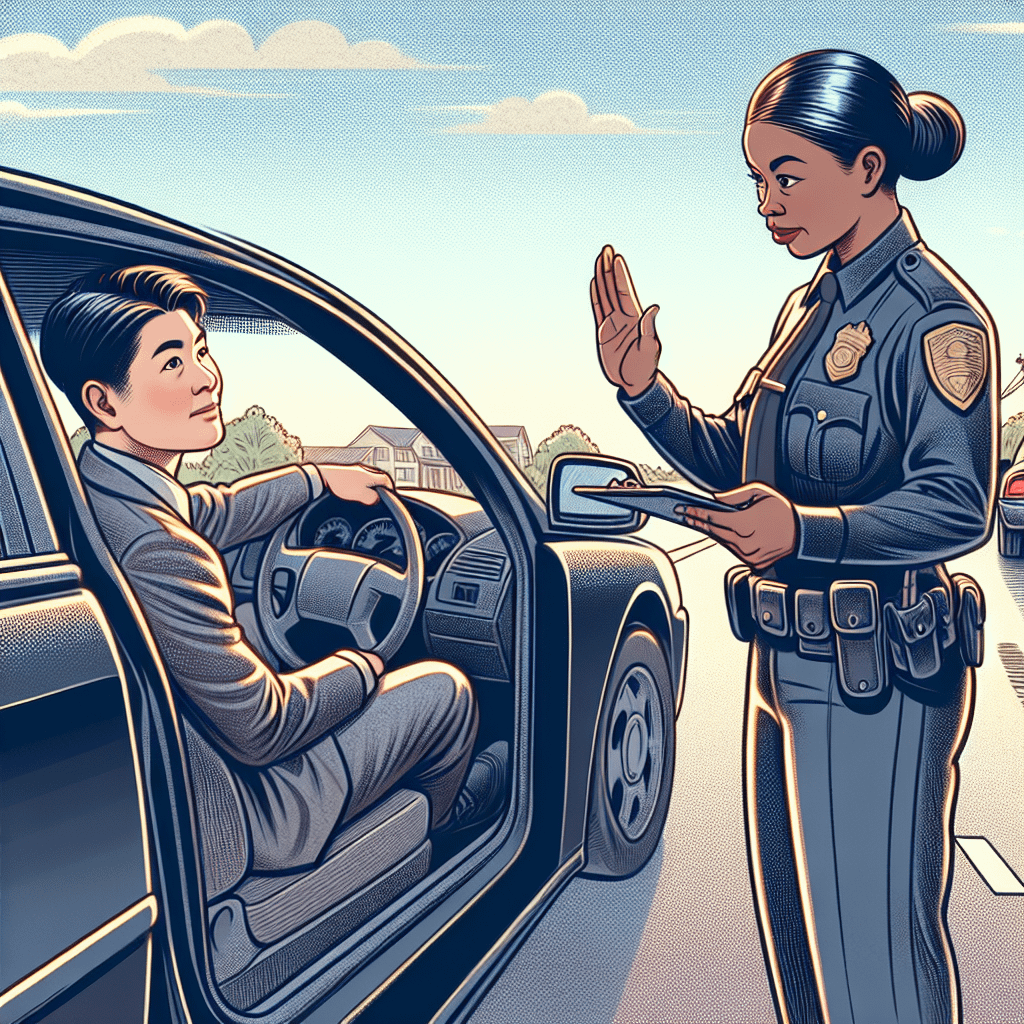Being pulled over by the police can be a nerve-wracking experience for anyone, and when law enforcement asks to search your car, it can make the entire situation even more stressful. It’s crucial to know your rights in these circumstances. So, what happens if you’re pulled over, and a police officer asks to search your vehicle? Can you refuse the search? Let’s walk through the essentials together.
Understanding Your Rights
First and foremost, it’s important to understand that the Fourth Amendment of the U.S. Constitution protects you against unreasonable searches and seizures. This means the police need a valid reason to search your vehicle in most situations.
However, there are some exceptions. A few common scenarios where police are permitted to search your car include:
1. Probable Cause: If the officer has reasonable grounds, or probable cause, to believe that there is evidence of a crime in your vehicle, they may conduct a search. For example, if an officer smells marijuana or sees illegal items in plain view, they may have probable cause to search your car without your consent.
2. Consent: If you give the officer permission to search your vehicle, they can do so. It’s important to note that you have the legal right to refuse a search, and refusing does not provide probable cause for a search. Always remember that consent must be given voluntarily, and you can politely decline.
3. Search Incident to Arrest: If you are lawfully arrested during the traffic stop, the officer might be permitted to search your vehicle. This is often limited to areas within reach of the person being arrested.
4. Inventory Searches: If your vehicle is impounded, police may perform an inventory search to catalog the items inside for their records.
How to Politely Refuse a Search
Saying “no” to a search may seem daunting, especially if you’ve never had to assert your rights before. Here’s a simple way to phrase your refusal: “Officer, I do not consent to any searches.” This assertion is your legal right, and it’s important to remain calm and polite when asserting it.
If the officer proceeds with the search without your consent, it’s vital to not resist. Simply documenting the interaction — if it’s safe to do so — can help your case later if the search is challenged in court.
Why It’s Important to Know Your Rights
Understanding your rights can help protect you from illegal searches and seizures. If an officer conducts an unlawful search, any evidence obtained may be inadmissible in court.
Here’s a practical example: Imagine you’re pulled over for a broken tail light, and the officer casually asks if they can take a look inside your car. If there’s no probable cause and you don’t consent, a search shouldn’t take place. If the officer proceeds anyway, you could challenge the legality of any evidence they find.
Tips for Handling Traffic Stops
- Be Polite and Calm: Emotions can run high during a traffic stop, but remaining calm and courteous goes a long way.
- Know What to Say: Politely state, “I do not consent to any searches,” if asked about searching your car.
- Document the Interaction: If you are able to, discreetly record the interaction. This can be helpful if you decide to contest a search later.
- Know When to Comply: Never physically resist a search — this can lead to additional legal issues. Understand that you can contest an illegal search later in a legal setting.
Empowering yourself with knowledge of your rights can make all the difference during a traffic stop. Being prepared and knowing how to respond can help protect your rights while maintaining respect for law enforcement officers. Remember, knowing when and how you can refuse a search is not only your right but also a step toward safeguarding your privacy.








